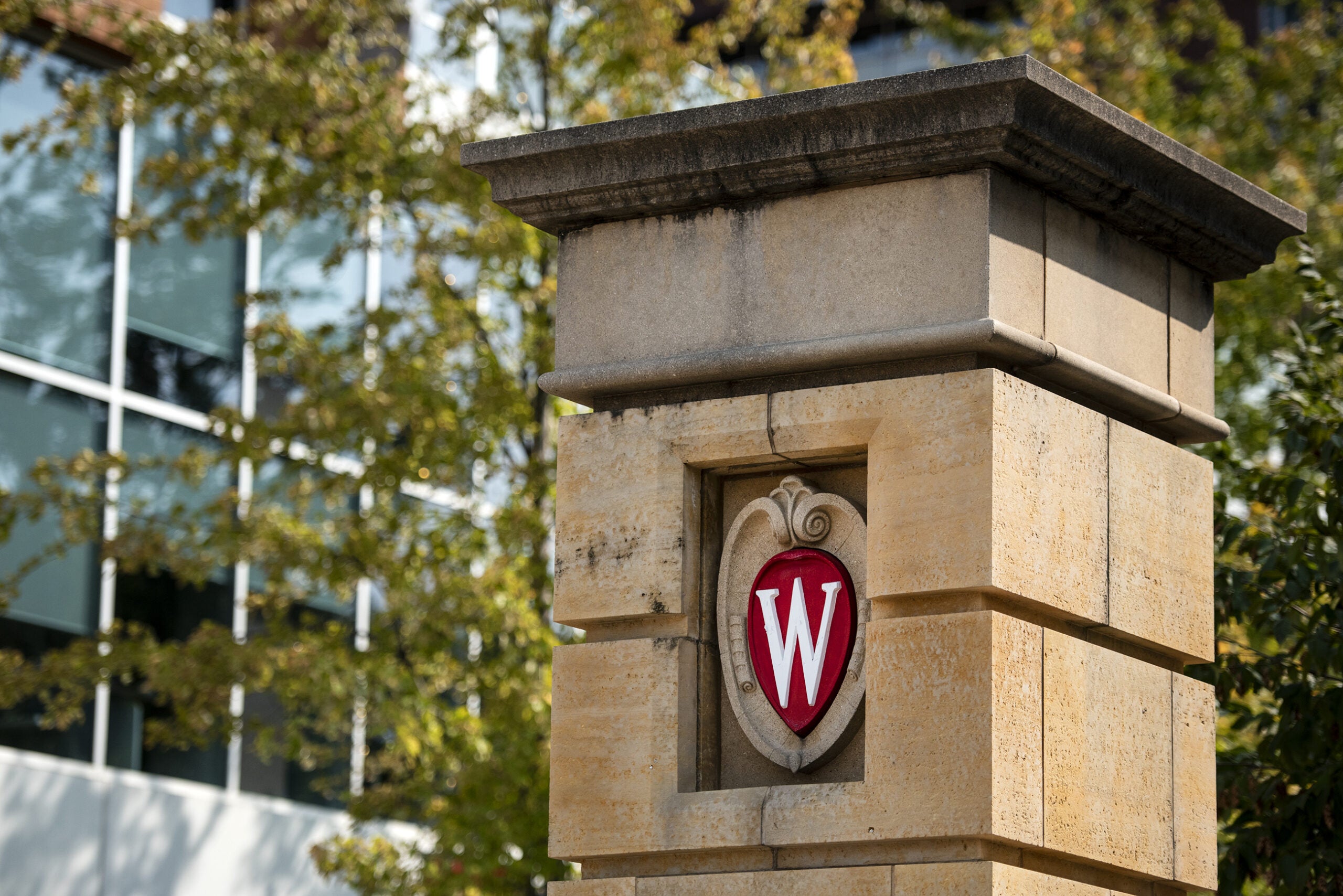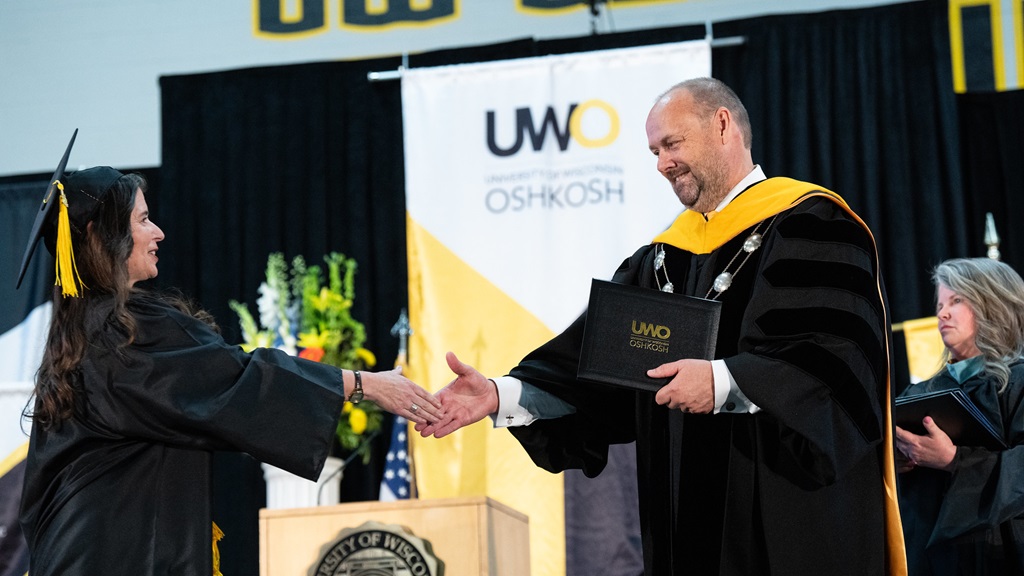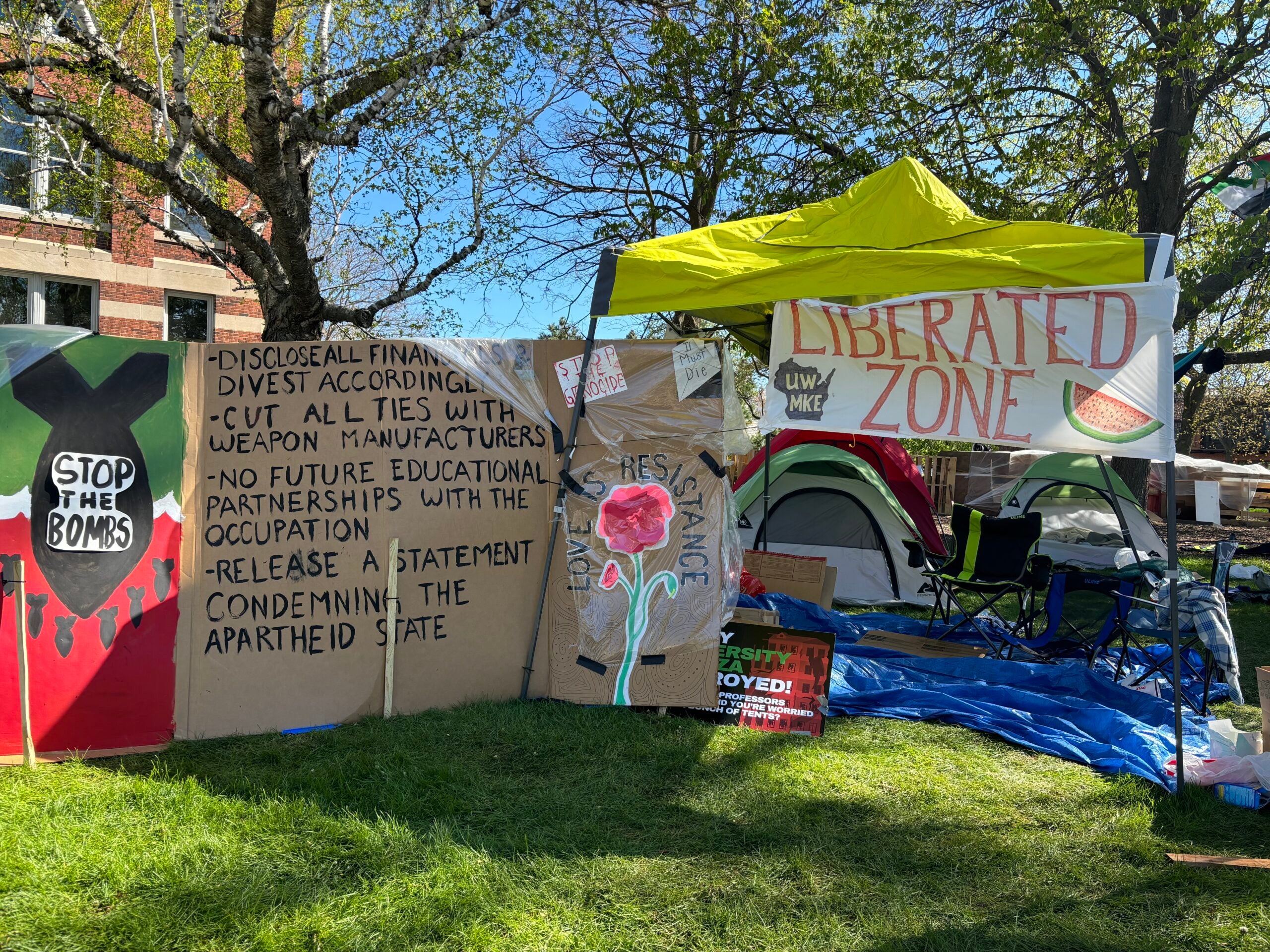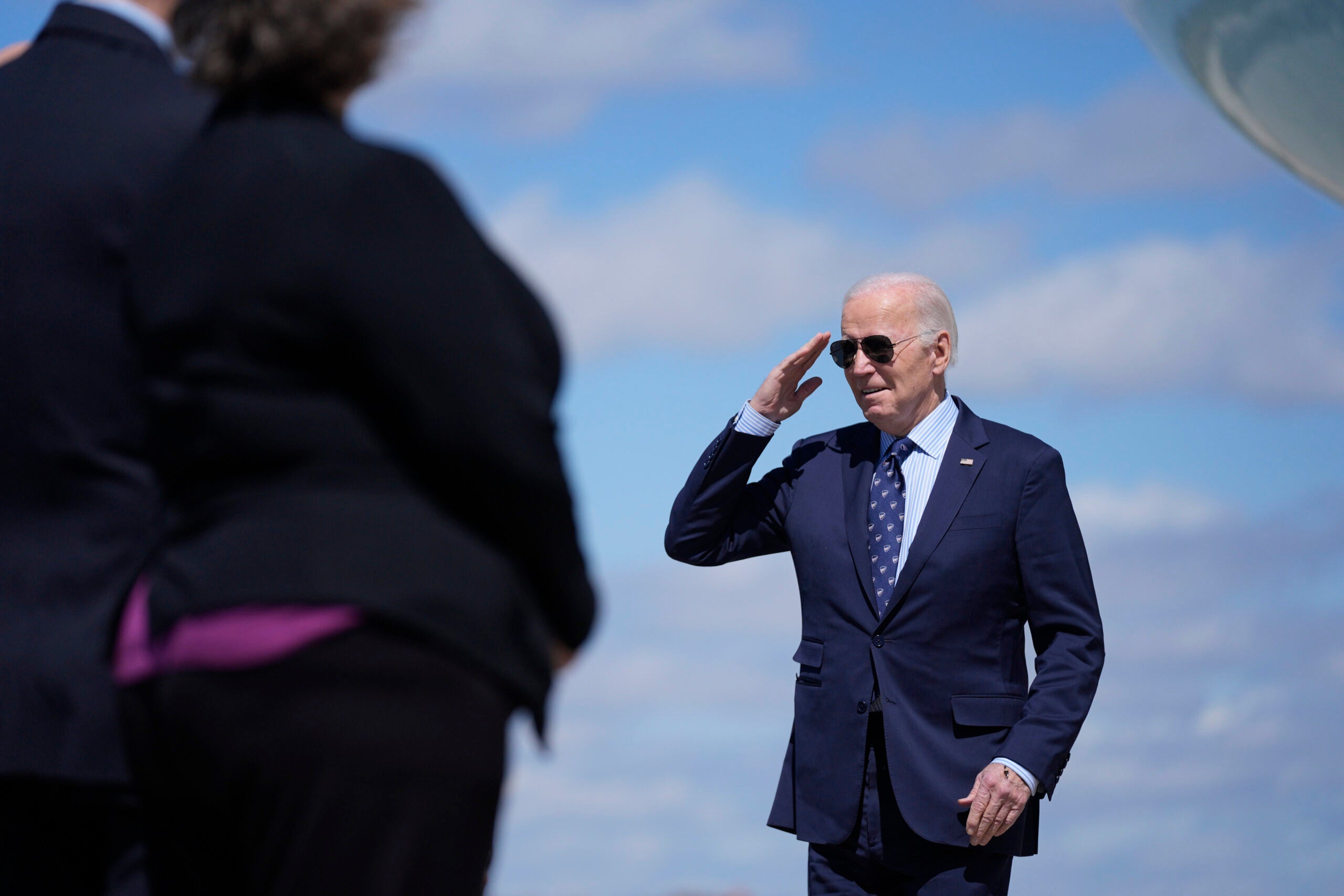The leaders of Wisconsin’s two largest public universities say they’re unsure about calls from President Joe Biden and members of Congress for across-the-board forgiveness of federal student loans.
According to the Brookings Institution, student loan debt in the U.S. has grown from $250 billion to $1.5 trillion since 2004. That’s due to rising tuition and more people going to college, including those from low and middle-income families.
During a virtual presentation organized by WisPolitics Thursday, University of Wisconsin-Madison Chancellor Rebecca Blank and University of Wisconsin-Milwaukee chancellor Mark Mone were asked what they thought of calls from the president and U.S. Sens. Elizabeth Warren and Bernie Sanders to cancel as much as $50,000 worth of individual student debt for graduates.
Stay informed on the latest news
Sign up for WPR’s email newsletter.
Mone said he understands the heavy burden student loan debt has placed on graduates and their families but said a viable funding source would be needed to make blanket-forgiveness work.
“So, I would welcome that because I think it would be a great incentive for more people to get education and help relieve the burden,” said Mone. “The question that I would have is around the funding of this.”
Blank said she does not support widespread forgiveness of federal student loans and that 57 percent of graduates from UW-Madison leave campus with no student debt. She said the remainder leave with an average level of student debt. According to the U.S. Federal Reserve, the national average is between $20,000 and $24,999.
“Now, borrowing per se is not a bad thing,” said Blank. “The average person borrows as much to buy a new car as the average student borrows to go to college. And the day you walk off the lot with a new car, it loses half its value. You walk out of your graduation ceremony and your degree only gets more valuable.”
Blank said she worries most about students who seek out careers with high social impact but lower than average earnings like teaching or social work and may have difficulty paying off their loans.
“And I do think that some form of debt forgiveness is useful,” said Blank. “I think you want to link it to the jobs that people are in or to the careers that they’re in. I don’t think you want to do across the board debt forgiveness.”
Wisconsin Public Radio, © Copyright 2024, Board of Regents of the University of Wisconsin System and Wisconsin Educational Communications Board.







